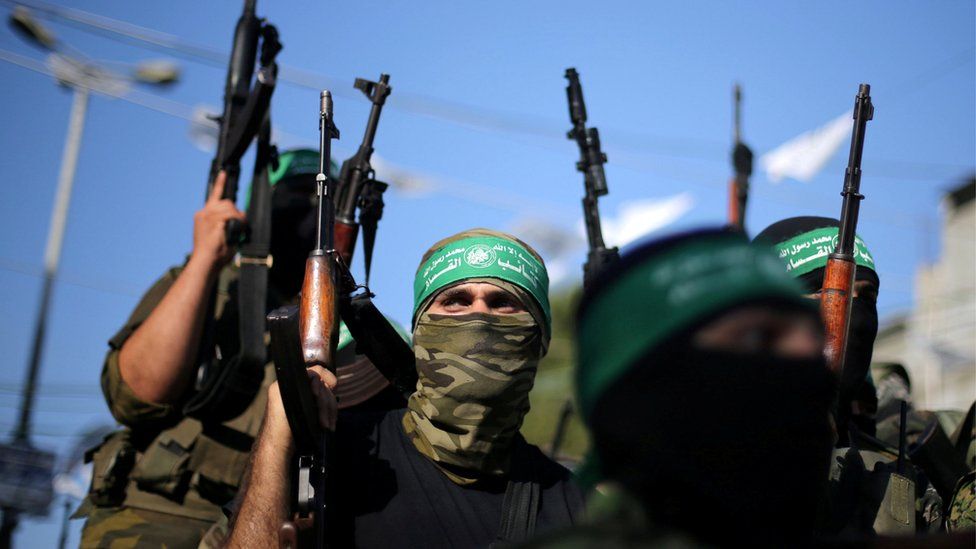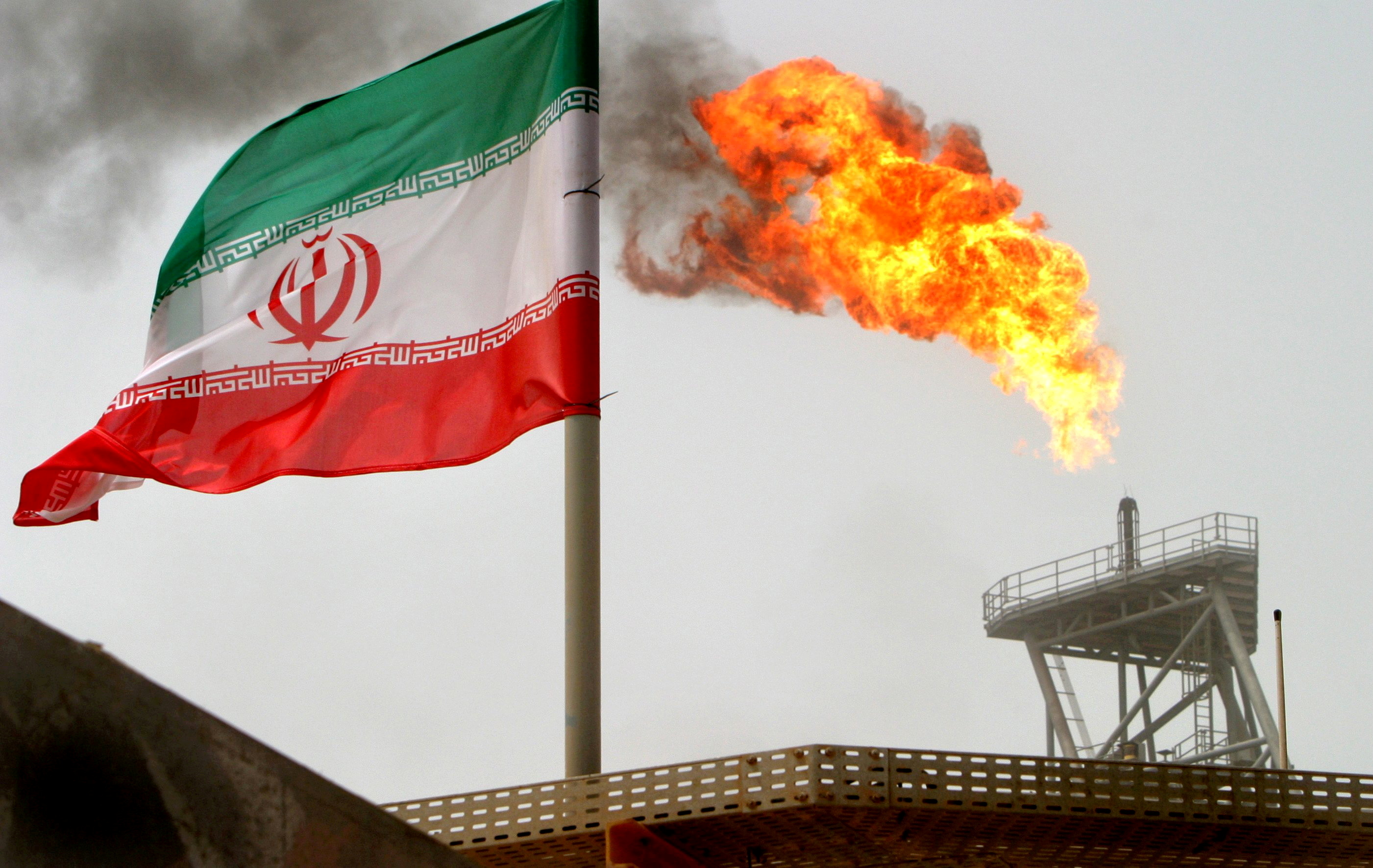Let’s be clear: Hamas isn’t backing down. A senior Hamas official, Mahmoud Mardawi, flatly rejected Mahmoud Abbas’s call to hand over resistance weaponry to the Palestinian Authority. This isn’t just stubbornness; it’s a deeply rooted conviction.
Mardawi, speaking on Al Jazeera, made a statement that cuts to the core of the conflict: as long as Israel occupies Palestinian land, Hamas will remain a resistance force. It’s a blunt, unwavering position. This isn’t about power grabs; it’s about the right to defend oneself.
He rightly asserted that the use of arms is a “legitimate right” of a people facing ongoing occupation and, let’s not sugarcoat it, daily bloodshed. It’s a harsh reality, but one we absolutely must confront.
Understanding the Context: A Deeper Dive
The concept of ‘resistance’ in this context is multi-layered. It’s not simply about armed struggle, though that’s a key component for many Palestinians. It’s about maintaining a claim to sovereignty.
Historically, the Palestinian Authority has been seen by some as increasingly collaborating with Israeli security forces. This perception fuels the distrust and strengthens Hamas’s narrative.
The ongoing Israeli occupation, including settlement expansions and restrictions on Palestinian movement, leaves many Palestinians feeling they have no alternative to resistance. The issue isn’t the weaponry; it’s the conditions that necessitate its use.
Furthermore, the intractability of the peace process, coupled with continued violence, reinforces the belief that armed resistance is the only viable path towards achieving Palestinian self-determination. This is a stark warning.







